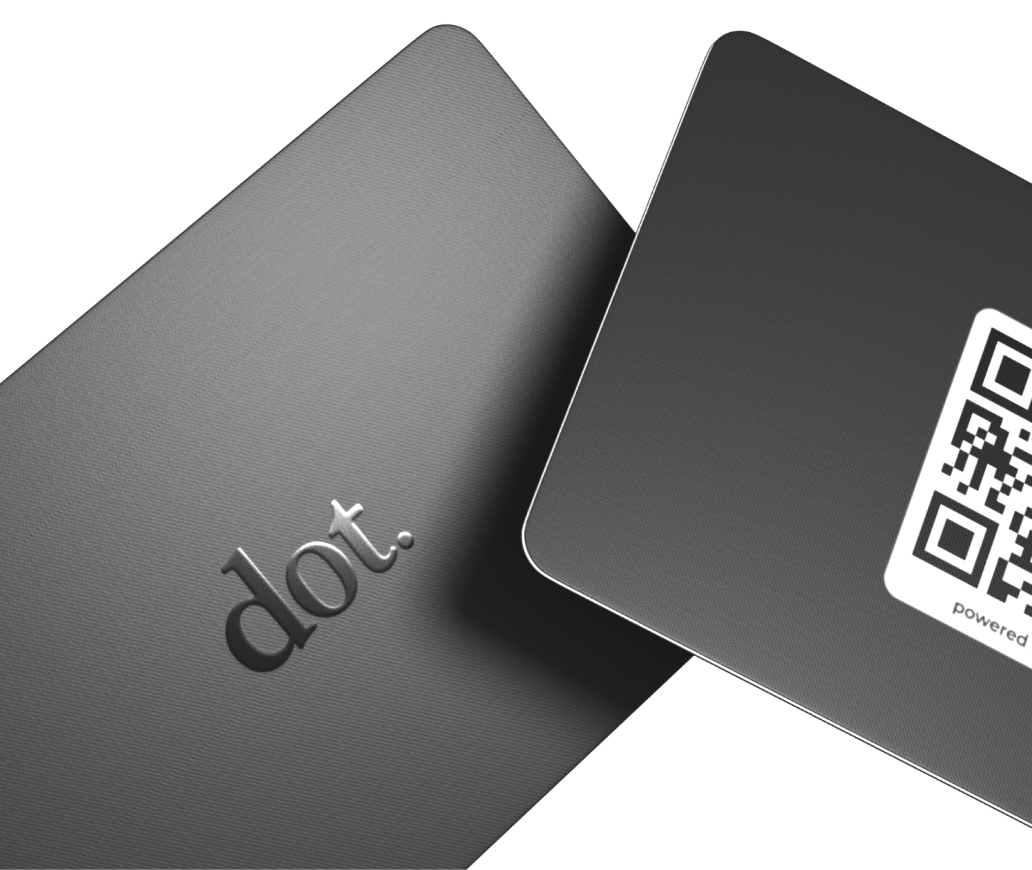Embracing failure, a lot easier said than done, right? That may be true, but it is important to note that failure is an inherent part of the entrepreneurial journey. While setbacks can be disheartening, they also present invaluable opportunities for growth and learning. Today, we'll explore how entrepreneurs can embrace failure, develop resilience, and effectively bounce back from setbacks. By adopting a mindset that sees failure as a stepping stone to success, entrepreneurs can overcome challenges and achieve their goals.
Are you ready? Let’s dive in.
Understanding the Power of Failure
1. Failure as a Catalyst for Learning
Failure is not a roadblock; it's a signpost guiding us towards improvement. Embracing failure allows entrepreneurs to extract valuable insights, refine their strategies, and enhance their chances of success. By adopting a growth mindset, entrepreneurs can see setbacks as opportunities to learn and grow.
2. Embrace Challenges
Challenges are catalysts for growth. Instead of avoiding them, entrepreneurs should actively seek out challenges that push them out of their comfort zones. Embrace the unknown and recognize that failure is a natural part of the learning process.
3. Seek Feedback
Constructive feedback provides valuable perspectives and helps entrepreneurs identify blind spots. Actively seek feedback from mentors, peers, or customers to gain insights into areas for improvement.
Analyzing Setbacks and Extracting Lessons
1. Reflecting on the Failure
When faced with a setback, taking the time to reflect is crucial. Reflection allows entrepreneurs to gain clarity, identify root causes, and understand the factors that contributed to the failure.
2. Journaling
Maintain a journal to document thoughts, emotions, and lessons learned from each setback. This practice helps entrepreneurs process their experiences and gain a deeper understanding of the situation.
3. Seek Mentorship
Engage with experienced mentors who can provide guidance and support. Mentors can offer different perspectives, share their own experiences with failure, and help entrepreneurs navigate through challenges more effectively.
Building Resilience and Bouncing Back
1. Embracing Resilience
Resilience is the ability to adapt and recover from setbacks. Building resilience equips entrepreneurs with the mental strength and determination needed to persevere in the face of failure.
2. Practice Self-Care
Take care of your physical and mental well-being. Prioritize activities that promote relaxation, exercise regularly, and maintain a healthy work-life balance. Self-care strengthens resilience and enhances your ability to cope with failure.
3. Seek Support from a Network
Surround yourself with a supportive network of like-minded individuals. Connect with fellow entrepreneurs who have experienced setbacks and can offer encouragement, advice, and motivation. Sharing experiences with others who understand the challenges can help you stay motivated and bounce back stronger.
Setting Attainable Goals
Setting goals is an integral part of the entrepreneurial journey, but it's equally important to ensure that these goals are attainable. Establishing realistic and achievable goals is crucial for maintaining motivation, measuring progress, and ultimately bouncing back from setbacks. Here's why setting attainable goals is essential:
- Focus and Direction: Attainable goals provide focus and direction for your entrepreneurial endeavors. They help you prioritize tasks, allocate resources effectively, and stay on track towards achieving your larger vision. Having clear goals in place allows you to channel your energy and efforts towards meaningful outcomes.
- Motivation and Progress: Attainable goals serve as milestones along your entrepreneurial journey, providing a sense of accomplishment and motivation. When you set achievable targets, you experience a sense of progress as you reach each goal, fueling your motivation and confidence. This progress reinforces your belief that success is within reach, even after encountering setbacks.
- Adaptability and Flexibility: While it's important to set ambitious goals, they should also be adaptable to changing circumstances. Attainable goals allow for flexibility, enabling you to adjust your strategies and pivot when necessary. This adaptability ensures that you stay aligned with market trends, customer needs, and emerging opportunities.
Keep in mind, setting attainable goals does not mean settling for mediocrity. It means striking a balance between ambition and realism, ensuring that your goals inspire and challenge you without overwhelming your capabilities. By setting attainable goals, you create a roadmap for success, measure your progress, and maintain the momentum needed to bounce back from setbacks with resilience and determination.
Leveraging Failure for Success
Iterative Approach to Problem-Solving
In the entrepreneurial journey, problem-solving is a constant endeavor. An iterative approach to problem-solving involves embracing the concept of continuous improvement and learning from failures. By adopting this approach, entrepreneurs can navigate challenges effectively and find innovative solutions. Here's why an iterative approach to problem-solving is valuable:
- Adaptability and Agility: An iterative approach allows entrepreneurs to adapt to changing circumstances and market dynamics. It emphasizes flexibility and agility in response to feedback and evolving customer needs. Rather than sticking to rigid plans, entrepreneurs can make timely adjustments and refinements to their strategies, products, and services.
- Learning from Failure: Failure is not an endpoint but a valuable source of information and learning. Through an iterative approach, entrepreneurs view failures as opportunities to gather insights, analyze root causes, and adjust their course. By embracing failure as a natural part of the process, they can make informed decisions based on lessons learned, increasing the likelihood of success in subsequent iterations.
- Customer-Centricity: An iterative approach allows entrepreneurs to prioritize the needs and preferences of their customers. By regularly seeking feedback, engaging in user testing, and incorporating customer insights, entrepreneurs can refine their offerings to better meet customer expectations. This iterative feedback loop fosters a customer-centric mindset, resulting in improved products and services that resonate with the target market.
- Innovation and Creativity: Iteration encourages experimentation and fosters a culture of innovation. By iterating on ideas, entrepreneurs can explore different approaches, test hypotheses, and refine their innovations. This iterative process often leads to breakthrough solutions and new opportunities that may not have been apparent initially.
By embracing an iterative approach to problem-solving, entrepreneurs can leverage failures as stepping stones toward success. This methodology fosters adaptability, customer-centricity, innovation, and continuous improvement. Through each iteration, entrepreneurs move closer to optimal solutions, enabling them to overcome challenges, seize opportunities, and thrive in the dynamic entrepreneurial landscape.
Embracing Innovation and Adaptability
Innovation and adaptability are key ingredients for entrepreneurial success. Failure often pushes entrepreneurs to think creatively and find innovative solutions. Embrace the mindset of constant learning and adaptability, allowing failures to fuel your determination to find better approaches. You never know what you’ll discover by taking a risk, remaining creative, and especially striving to stay curious! Get out there and try something new, it may just be what your entrepreneurial journey needed to supercharge your results.
Today we learned that failure is not the end; it is a stepping stone toward success. By embracing failure, entrepreneurs can cultivate resilience, extract valuable lessons, and adjust their approach to achieve their goals. Remember, setbacks are an integral part of the entrepreneurial journey, and by viewing them as learning experiences, entrepreneurs can bounce back stronger and more determined than ever. So, embrace failure, learn from it, and let it propel you towards entrepreneurial success.










































